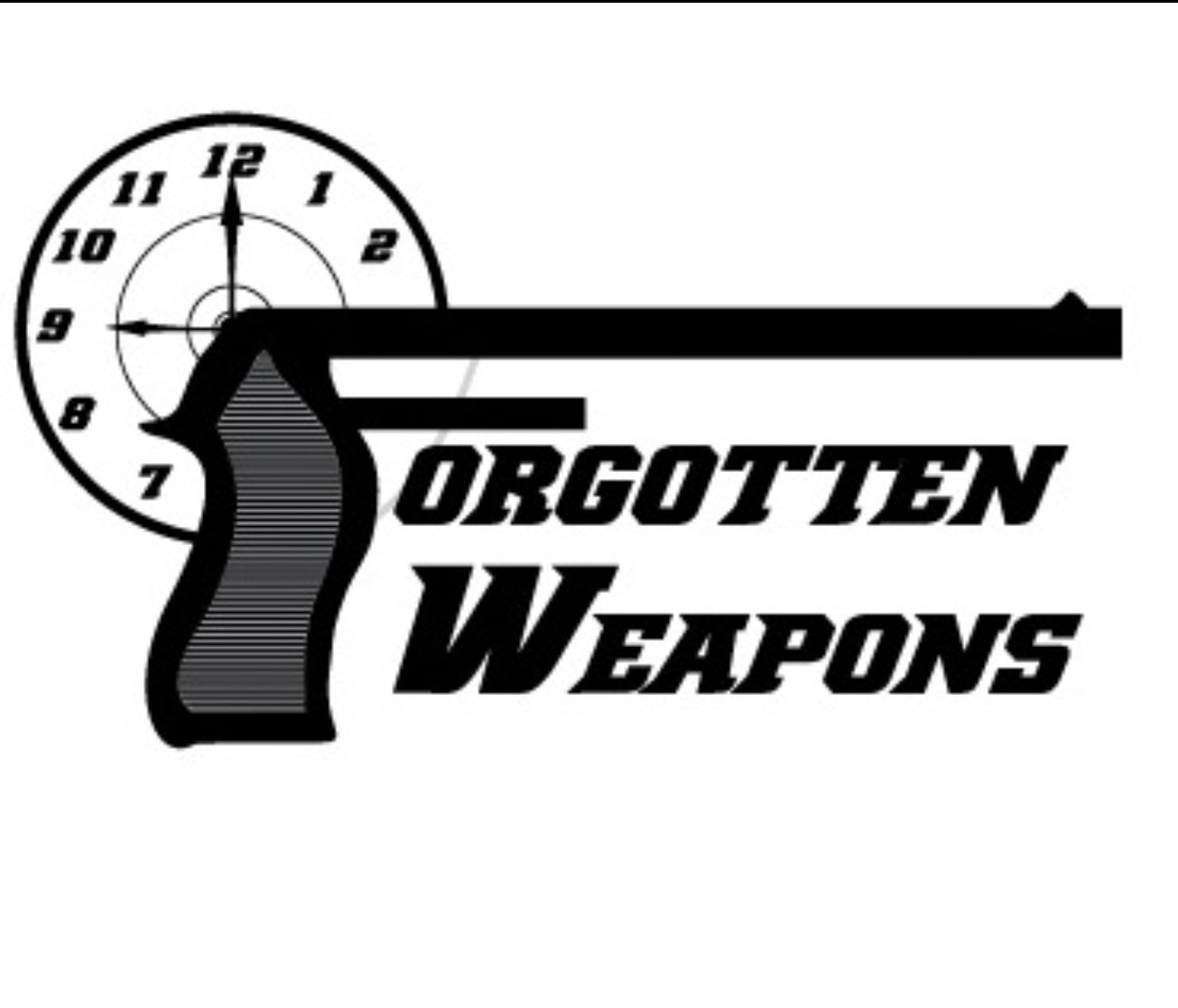The US first tested the Luger in 1901, and it seemed potentially good enough that the government spent $15,000 to buy 1,000 of the pistols (in 7.65mm Luger; the only cartridge available at the time) for field trials. The trials resulted in a variety of complaints, but particular among them was a dislike for the small caliber. In response, Georg Luger necked the 7.65mm round up to 9mm, and the US would be the first country to trial the new model. After presenting 3 samples in 1903, Luger made a deal to swap 50 of the American 7.65mm pistols for 50 new 9mm ones. The US also specified that new guns had to be fitted with a cartridge counter grip system designed by one Graham Powell. The resulting guns (s/n 22401-22450) were delivered in April of 1904.
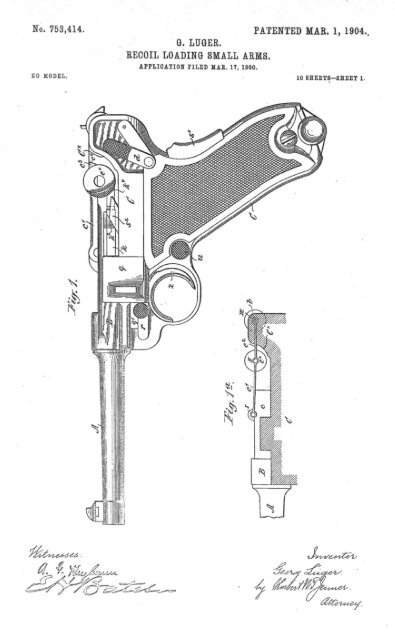
American testing did not find the 9mm much more satisfactory than the old 7.65mm, however. At this same time, the Thompson-La Garde tests of terminal ballistics were concluding that a new service pistol should be no less than .45 caliber. Luger would make one last effort to interest the US in 9mm with a duplex load in 1906, but this would also fail. Instead, he would redesign the Luger for .45 ACP and enter that in the US 1907 pistol trials.
The round counting mechanism is operated by a screw that raising with the follower of the magazine as it empties. It is visible through a clear panel on the left face of the pistol for right handed shooters.
The magazines made for it have been specifically modified to ensure when disassembled and reassembled its special follower won’t be swapped with a standard, non round counting, follower.
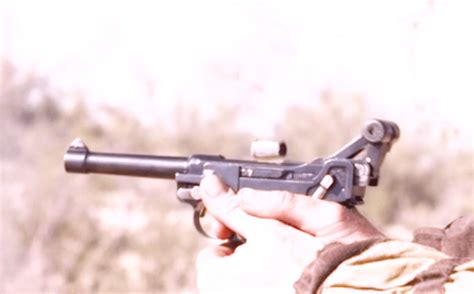
Ian’s video: [12:25] https://youtu.be/S3iuBDD5FrA?si=
I know what you’re thinking, punk. “was that seven shots I fired, or only 6?”. Well to tell you the truth, in all the excitement I lost track myse… Oh actually I have a little window. Yup! 1 shot left. So, do you feel lucky? Punk.
Definitely lots of movies would be affected by this
The round count is a neat feature. I certainly don’t think having it hurts anything for the shooter, but I immediately understood the institutional choice against going to the effort of implementing it widescale. That’s a lot of increased bits of production for a feature that is unlikely to give a real advantage.
The round count is a neat feature. I certainly don’t think having it hurts anything for the shooter,
I dunno. Having to point the muzzle perpendicular to the shooter to read it sounds like a bad idea. If this had gone into production, there would likely be a non-zero number of victims of unintended discharge to the immediate left of the shooter.
For every feature, you’ve got to consider that people are absolute morons
I can see a pistol grip without turning the gun perpendicular to my stance. Hold pistol with the muzzle forward, cocked elbow, rotate wrist until grip is visible.
I have to wonder though, if it was adopted it could have fixed this feature as a standard in the American market for pistols. Which would ultimately make it a global standard.
It’s one of those ideas that keeps popping up (like in the ASP or the digital round counters today). Windowed Pmags are fairly popular. And they’ve recently announced clear ones. Maybe someday it’ll be a standard feature in all firearms.
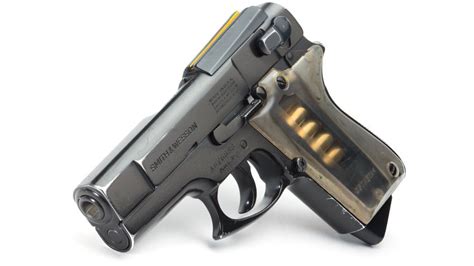
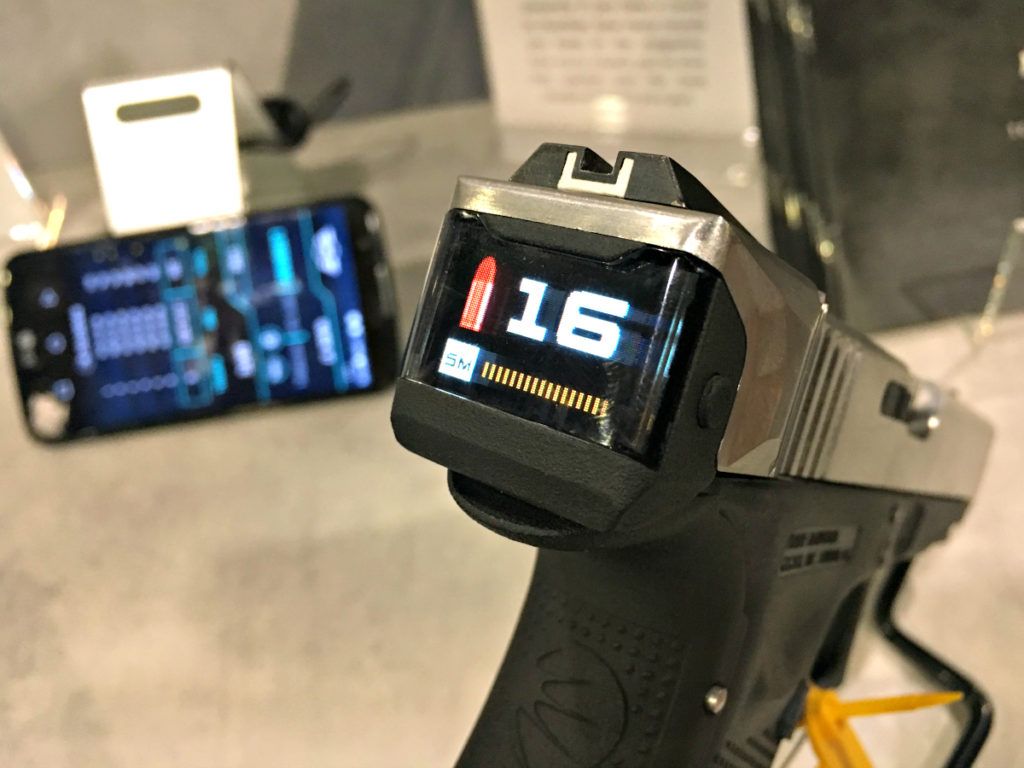
For institutional- to say, military use, there is a different calculus then for the civilian market. Also commenting about why it wasn’t adopted at the time. Like I said, it’s a neat feature, and it might appeal on the market, but for a military that’s extra different kinds of material that has to go into the production of the gun itself. Look at what happened in WW2 when production ramped up- weapons were constantly redesigned down to the bone. The windows would never have survived those redesigns.
Windowed Pmags are fairly popular.
You don’t have to make any changes to the existing gun for them to work. It’s also of a luxury of modern production, there is daylight between PMAGs and talking about why a military didn’t adopt the feature at the turn of the 1900s.
Your WW2 point is a good one, if a feature like that could latch on as a vestige it’d get lopped off in war time simplification.
Yes, although modern production like the electronic round counter might have a future. Personally I’m holding out for an enhanced reality setup where the information is visible on a soldier’s view. Still more likely to happen with rifles but if the tech becomes cheap enough why not stick it in pistols.
I love the contrast in the design of those two pictures. One with a futuristic electronic screen and presumably a load of sensors, all of which can go wrong or break; one which just lets you look through the side!

